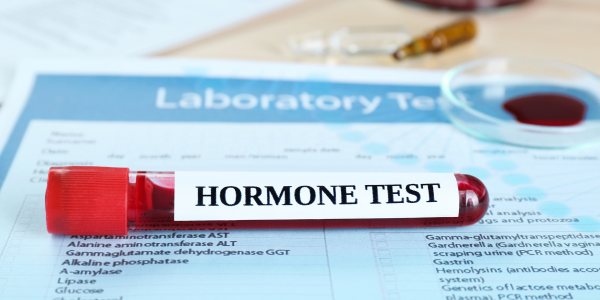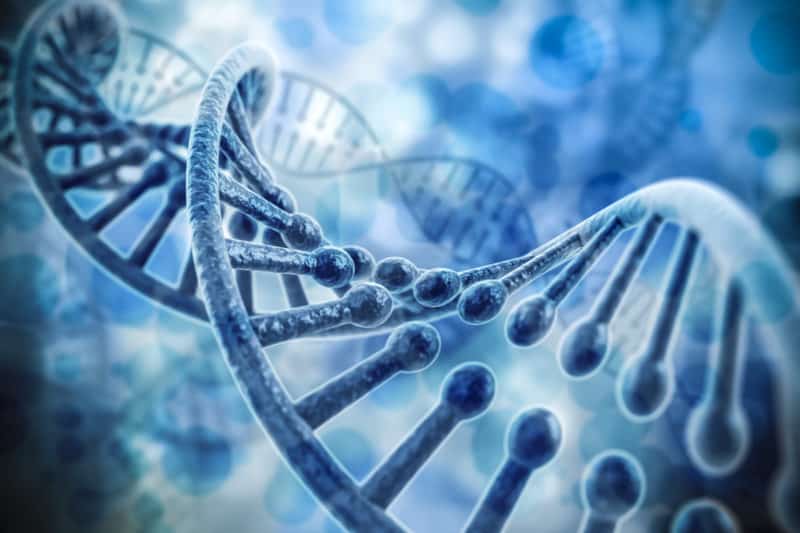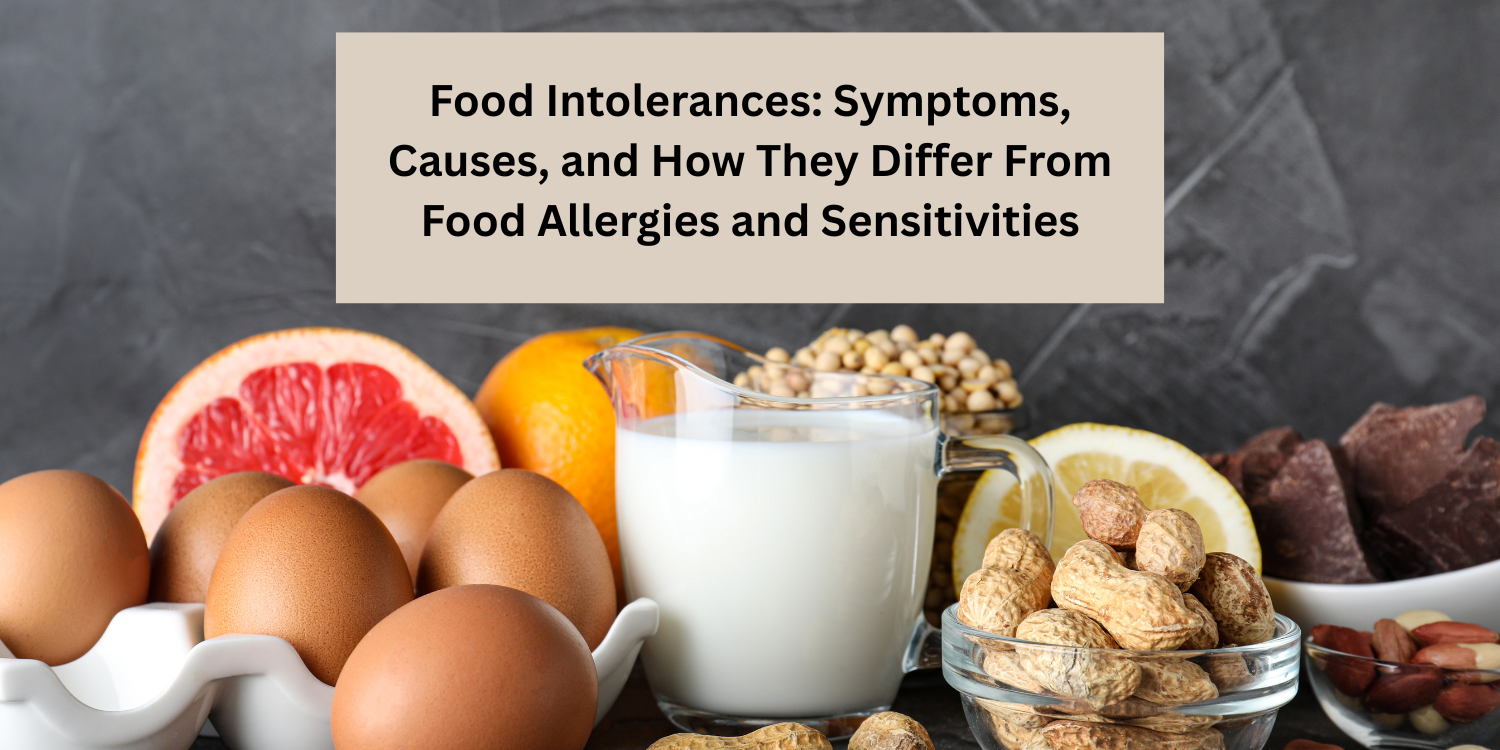

Did you know that a specific tiny group of molecules is setting off a chain of reactions in your body? It’s all happening right now – at this exact moment. A group of molecules called methyl groups which contain one carbon atom and three hydrogen atoms (CH3) are binding to multiple molecules throughout your body.
These methyl groups are like keys that turn an engine on and off. When this key turns on methylation occurs and a methyl group is added to another molecule. And just the opposite when the key is turned off a methyl group is subtracted which is called demethylation.
This turning on and off process happens billions and billions of times every second of every day in your body. The methylation process is crucial for life. And a dysfunction in this cycle could be the underlying causes of hard-to-diagnose symptoms such as brain-fog, fatigue, irritability, anxiety, depression, hormonal imbalances, and more.
Fortunately, you have the power to improve your methylation process which has major benefits to your long-term health.
The Methylation Process and Why It’s Important?
The methylation process is a basic, but vital biochemical process which acts on every cell and organ in your body.
When you add or subtract a methyl group to different structures it completely changes the structures function. For this process to run smoothly, your body depends on certain nutrients such as amino acids and B vitamins.
And the most important gene in your methylation process is your methylenetetrahydrofolate reductase OR for short MTHFR gene. Your MTHFR gene converts folic acid into its usable folate form to kick-start the whole methylation process. And a mutation on this MTHFR gene has been shown to cause a methylation malfunction. However, MTHFR is only one gene of thousands that play a role in your health.
Your MTHFR gene uses amino acids, B vitamins along with homocysteine to produce other important compounds such as:
- Methionine – Methionine is an important amino acid for growth and tissue repair. This protein synthesis compound is a precursor for cysteine. It plays an important role in protecting cells from harmful toxins, slowing cell aging, nutrient absorption, and prevents excess fat build up in the liver.
- S-adenosyl-L-methionine (SAMe) – The primary methyl donor to your cells and organs. SAMe acts as a mailman delivering methyl-groups to all of your tissues and organs. Without this compound, your methylation process would cease to exist.
- Cysteine – A non-essential amino acid used for protein synthesis, diverse metabolic functions, energy metabolism, and detoxification, particularly heavy metals. Cysteine is also a component of the powerful antioxidant glutathione and is a structural component of many tissues and hormones in your body.
- Glutathione – This is the mother of all antioxidants and is found in every cell of your body. Glutathione protects your cells and DNA by reducing the number of free radicals in your body through detoxification. Free radicals are toxins such as heavy metals and xenobiotics – too much of these can lead to serious health issues if you aren’t able to detoxify them. Glutathione also produces anti-inflammatory properties by inhibiting NF-kB – a transcription factor which increases inflammatory genes.
The above are just a few main compounds made during the methylation process. As I mentioned before, the methylation process happens billions of time every second and performs other jobs such as:
- Regulating DNA expression
- Aiding in detoxification
- Producing white blood cells
- Building the myelin sheath protecting your nerve cells
- Clearing histamines
- Metabolizing hormones
- Synthesizing neurotransmitters
- Regulating your immune system
- Preventing bone loss
- Producing energy for cells
- Regulating inflammation
This list only scratches the surface of how important your methylation processes is to your body. And how your MTHFR gene is a key player in promoting this domino effect process.
The Balancing Act of Your Methylation Process
Too much of a good thing can be a bad thing. Methylation is crucial for life, but hypermethylation – too many methyl groups being added to compounds – may cause certain health issues.
As well as hypomethylation – not enough methyl groups being added to substances – have been linked to many health concerns.
A methylation malfunction has been strongly associated with the following health conditions:
- Chronic fatigue syndrome
- Autism
- Down syndrome
- Mental illnesses (depression, anxiety, bipolar disorder, and schizophrenia)
- Cancer
- Autoimmune diseases
- Atopic disease
- Neurodegenerative diseases (Alzheimer’s, Parkinson’s, Huntington’s, amyotrophic lateral sclerosis)
- Cardiovascular disease
- Infertility
Improve Your Methylation
The methylation process is one confusing cycle because it contains multiple moving parts and enzymatic processes in your body. Unfortunately, no matter what anyone promises there’s no easy, quick fix if you have a methylation malfunction. Lifestyle factors are the main way to improve your methylation! You can also work with your functional medicine provider for specific testing to look at factors such as:
- Genetics and family history
- Hormones (adrenal, thyroid, and male/female)
- Gut pathogens and microbiome
- Nutrient levels (especially for folate, B12, and B6)
- Toxins (environmental and heavy metal)
- Food allergies and sensitivities
- Homocysteine levels (methylation marker)
But fortunately, you have the power to improve your methylation process. The following are simple lifestyle changes to help improve your methylation pathways and balance your methylation process if you’re struggling with a methylation malfunction:
- Get enough rest
- Make sure you’re moving – exercise is key
- Take care of your gut microbiome
- Consume a healthy diet rich in vegetables
- Drink clean filtered water
- Reduce alcohol intake
- Reduce toxin exposure
- Control anxiety and reduce stress
Reducing your toxic exposure is essential for the protection of your health. If you have toxins burdening your body – your methylation process has to work overtime in eliminating and protecting itself.
Many doctors put their patients on supplements without any tests – B-complex, folate, B12, and other minerals or enzymes. Even those who self-diagnose themselves with a methylation malfunction end up taking the wrong supplements for their body. You can also over methylate and create symptoms and issues from pushing on pathways incorrectly. And remember, you are not your genes! Just because you have a specific gene it does not automatically mean you will have a dysfunction in the process, thus why it is important to test things like nutrient levels and homocysteine before treating.
So I urge the importance of working with your functional medicine doctor for the correct testing and methylation support. You can over supplement which can cause the pendulum to swing from hypomethylation to hypermethylation or the reverse.
MTHFR Gene Mutation Testing
A mutation on your MTHFR is common, and in some people, it can cause a major methylation malfunction if you have more than one MTHFR mutation.
An MTHFR gene mutation may lead to:
- Decreased detoxification of hormones and toxins
- Low levels of folate
- Increased levels of homocysteine
- Reduced metabolism of certain nutrients
All of these actions have been shown to lead to other serious chronic health problems. If you’re in the Phoenix area and feel as though you might have an MTHFR gene mutation or need treatment for a MTHFR gene mutation request an appointment with one of our functional medicine practitioners at Arizona Wellness Medicine today or call (602) 892-4727.
Reference
https://pubchem.ncbi.nlm.nih.gov/compound/L-methionine#section=Top
https://pubchem.ncbi.nlm.nih.gov/compound/L-cysteine
https://www.ncbi.nlm.nih.gov/pubmed/7781927
https://www.ncbi.nlm.nih.gov/pmc/articles/PMC3154425/
https://www.ncbi.nlm.nih.gov/pmc/articles/PMC3960855/
https://www.ncbi.nlm.nih.gov/pmc/articles/PMC4128721/
https://www.ncbi.nlm.nih.gov/pmc/articles/PMC4826318/
https://dremilyparke.com/2018/08/10/naturally-reduce-the-risk-of-cancer/
https://www.ncbi.nlm.nih.gov/pubmed/26821302
https://www.ncbi.nlm.nih.gov/pmc/articles/PMC3851782/
https://www.ncbi.nlm.nih.gov/pmc/articles/PMC4743554/
https://dremilyparke.com/2018/04/25/how-to-test-for-food-sensitivities/
https://dremilyparke.com/2018/05/10/gut-symptoms-gut-testing/
https://dremilyparke.com/2018/04/25/how-to-test-for-food-sensitivities/
https://dremilyparke.com/2018/08/20/health-benefits-of-the-keto-diet/
https://dremilyparke.com/2018/10/01/top-12-toxic-ingredients-in-your-personal-care-products/
https://www.ncbi.nlm.nih.gov/books/NBK6561/
https://dremilyparke.com/2018/07/14/8-health-benefits-of-infrared-saunas/
Share:
Social Media
Most Popular Posts
Subscribe To Our Newsletter
Related Posts

Understanding the Essential Labs for Women on Hormone Replacement Therapy (HRT)
So what are the minimum labs we’re looking at when we do hormone replacement therapy? We obviously want to look at an estrogen level, so

How to figure out the right amount of HRT in women
What about checking lab values when you’re on hormone replacement therapy? I do find it to be helpful, but we also want to consider symptoms.

Did you know there’s a difference between food allergies, sensitivities, and intolerances?
Did you know that there’s a difference between food allergies, food sensitivities and food intolerances? Food allergies, the reactions tend to happen pretty immediately and

Food Intolerances: Symptoms, Causes, and How They Differ From Food Allergies and Sensitivities
Eating a wide variety of whole foods is a key way to ensure a nutrient-rich diet full of vitamins and minerals. But what happens when
